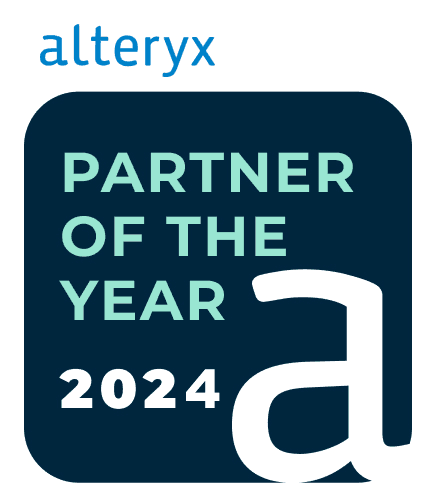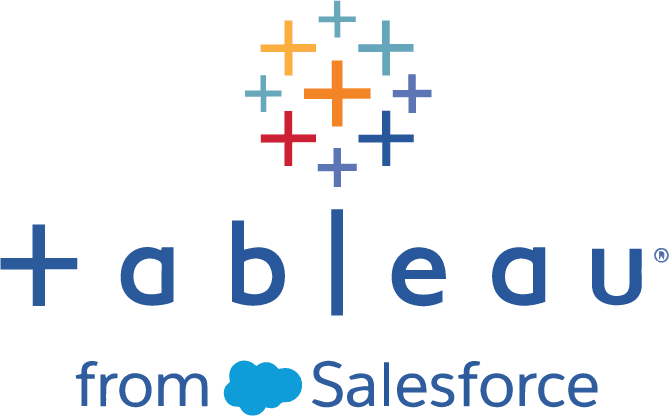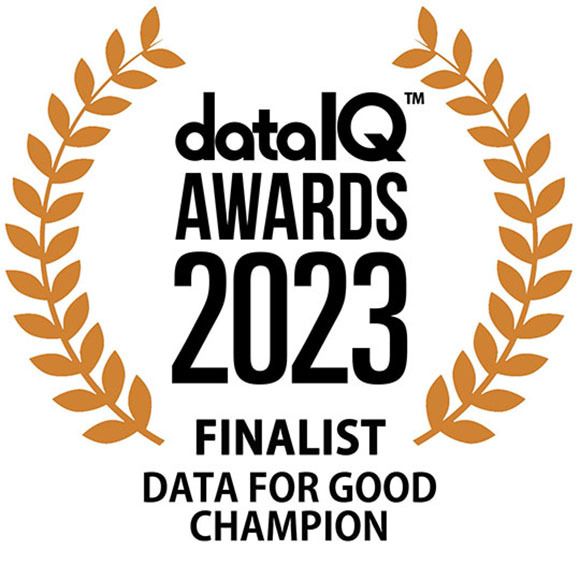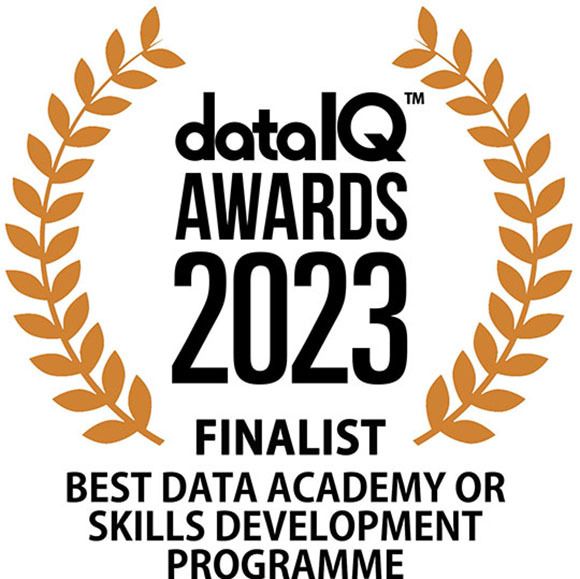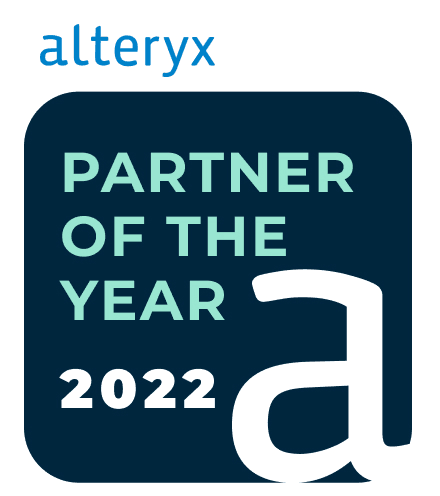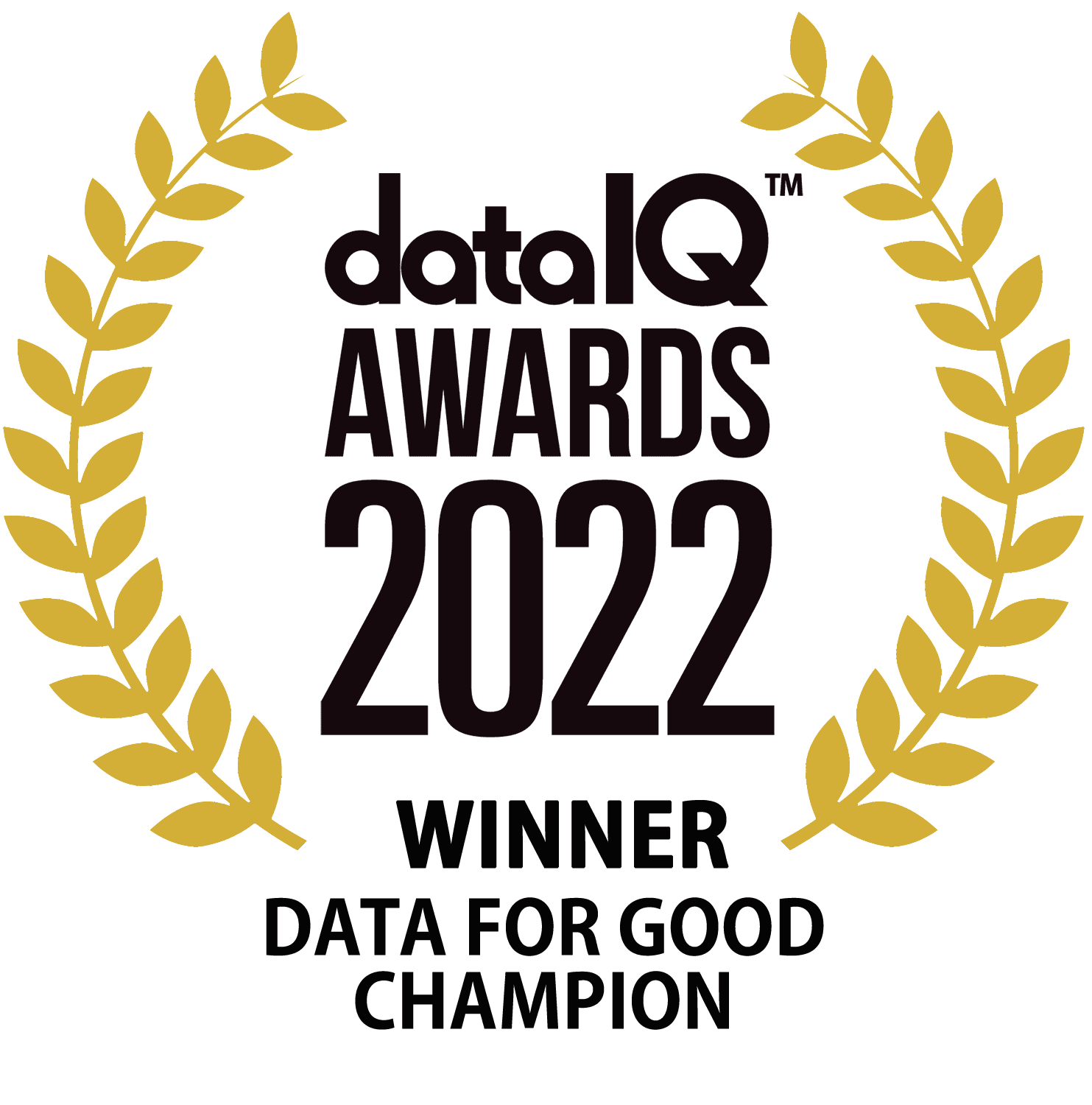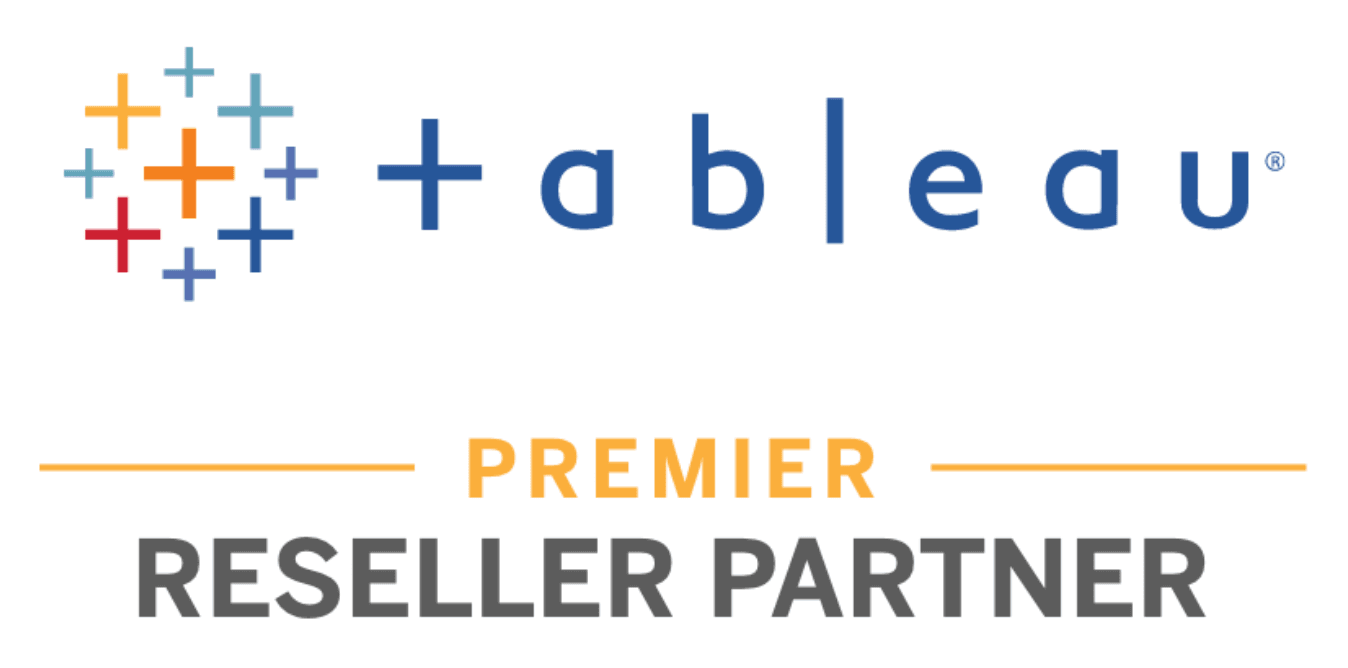TECH STACK


A forward-thinking organisation partnered with The Information Lab to transform their analytics infrastructure by migrating from a legacy system to a modern, scalable data stack. Faced with the limitations of outdated SQL Server and SAP Data Services architecture, they sought to build a future-ready analytics pipeline that would empower their teams and improve data processing efficiency.
The Challenge
Legacy analytics systems often become bottlenecks as organisations grow and data volumes increase. This client's existing infrastructure, built on SQL Server and SAP Data Services, was creating significant challenges across their analytics operations.
The outdated system lacked the scalability needed for modern data workloads, while the absence of robust testing and orchestration frameworks meant data quality issues could go undetected. Analytics Engineers found themselves dependent on backend engineering teams for pipeline modifications, creating delays and reducing agility.
Furthermore, their Tableau dashboards were built on broad, general-purpose legacy tables that weren't optimised for specific analytical workflows. This resulted in poor dashboard performance and frustrated end users who couldn't access insights quickly enough to drive business decisions.
The organisation recognised the need for a complete modernisation that would introduce industry best practices around data modelling, testing, and orchestration while empowering their analytics teams to take greater ownership of their data pipelines.
Our Solution
The Information Lab implemented a comprehensive migration strategy that transformed the client's analytics architecture from the ground up. The team leveraged Snowflake as the cloud data warehouse foundation, paired with dbt for modern data transformation and modelling.
Our approach began with a thorough refactoring of existing SQL logic from the legacy system, optimising it specifically for Snowflake's architecture to deliver improved performance. We didn't simply migrate code - we redesigned it to take full advantage of cloud-native capabilities.
To ensure data reliability, we introduced comprehensive data testing frameworks that validate data quality at every stage of the pipeline and confirm that upstream source systems are refreshing as expected. This proactive approach to data quality management was a significant step forward from their previous reactive model.
Strategic implementation of dbt tags enabled the creation of targeted job runs aligned with specific analytical workflows, providing the flexibility and efficiency that modern data teams require. This granular control over orchestration meant different teams could run only the transformations relevant to their work, reducing processing time and costs.
Throughout the project, we focused on knowledge transfer and empowerment, ensuring the client's Analytics Engineers could confidently manage and evolve their new infrastructure independently.
The Impact
The modernisation has fundamentally transformed how the organisation approaches analytics, shifting from a centralised, engineering-dependent model to an empowered, self-service analytics culture.
Analytics Engineers now have full ownership of their data pipelines, dramatically reducing their reliance on backend engineering teams and enabling faster iteration on analytical solutions. This autonomy has accelerated project delivery times and improved team satisfaction.
The migration of Tableau dashboards from legacy tables to purpose-built, optimised datasets has delivered significant performance improvements. Users now experience faster load times and more responsive interactive dashboards, leading to increased adoption and more data-driven decision making.
Perhaps most importantly, orchestration and pipeline performance have become transparent across the entire analytics team. This visibility enables continuous optimisation and has fostered a culture of data excellence where team members can proactively identify and resolve potential issues before they impact end users.
The new architecture has positioned the organisation for future growth, providing a scalable foundation that can accommodate increasing data volumes and evolving analytical requirements without the constraints of their previous legacy system.
Get in touch


